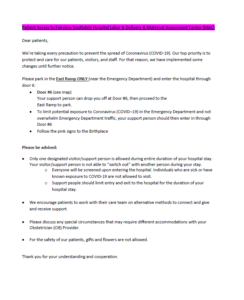Foods to Avoid to Improve Cholesterol
Meats, Fish:
Avoid marbled beef, duck, goose, processed meats, luncheon meats (such as salami or bologna), hot dogs and fast-food hamburgers (they are loaded with fat), organ meats (such as kidneys and liver) and canned fish packed in oil.
Eggs:
Limit the use egg yolks to no more than three times each week. This includes egg yolks used in cooking.
Fruits:
Do not eat coconuts. They are high in saturated fats.
Vegetables:
Avocados and olives contain monounsaturated fats but are high in calories. If you are trying to lose weight you should limit the amounts of these foods you eat. You may eat starchy vegetables (such as potatoes, corn lima beans, dried peas and beans) for a serving of bread or cereal.
Bread and Grains:
Avoid baked goods with shortening and/or sugar. Also, avoid commercial mixes with dried eggs and whole milk. Avoid sweet rolls, doughnuts, breakfast pastries (Danish pastry) and sweetened packaged cereals.
Beans:
Avoid commercially-baked beans with sugar and/or pork added.
Nuts:
Nuts contain monounsaturated fats but are high in calories. If you are trying to lose weight you should limit the amounts of these foods you eat.
Dairy Products:
Avoid whole milk and whole-milk packaged goods, cream, ice cream, puddings made with whole milk, whole-milk yogurts and cheeses and nondairy cream substitutes.
Fats and Oils:
Avoid butter, lard, animal fats, bacon drippings, gravies, cream sauces and palm and coconut oils. These are all high in saturated fats. Read the labels on “cholesterol-free” products for “hydrogenated fats.”
These are oils that have been hardened in solids. During that process they become saturated. Margarine is an example of a saturated fat.
Desserts and Snacks:
Avoid fried snack foods (such as potato chips), chocolate, candies, jams jellies, syrups and hydrogenated peanut butter.
Beverages:
Avoid sugared fruit juices, soft drinks and cocoa made with whole milk and/or sugar. Limit your alcohol to two servings each day. (One serving is equal to: one ounce of liquor, five ounces of beer or five ounces of dry table wine.) Follow your doctor’s orders if you are on alcohol restrictions.
Special Notes:
• Eat all foods in moderation.
• Read labels carefully. Sometimes labels can be misleading.
• While on a low-triglyceride diet, avoid sweets and watch the amount of simple and complex carbohydrates you eat. These include candies, sweet s and starchy foods such as flour, bread, and potatoes.
• Buy a good low-fat cookbook such as one published by the American Heart Association.
• Talk with your doctor if you have any questions


